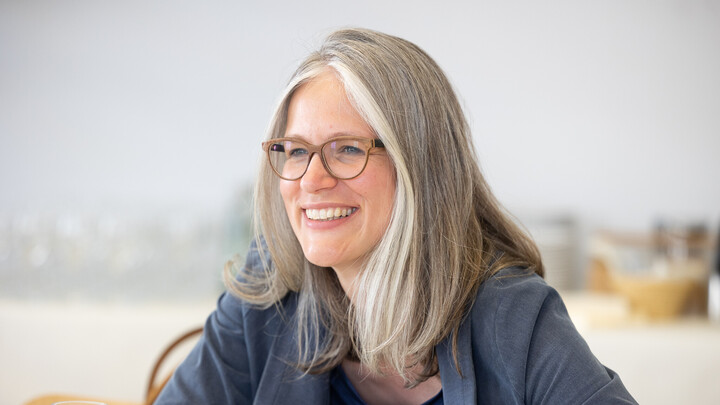UNICON – Understanding Nutrition Inequalities in Context: Momentary and Persistent Processes
Good health and reduced inequalities are two of the WHO’s key sustainable development goals. Social differences in health are caused, at least to a substantial extent, by social differences in health-related behaviours: Reviews suggest that up to 36% of the social differences in cardiovascular morbidity are due to social differences in nutritional behaviours. People from more deprived backgrounds often engage in poorer health behaviours and are accordingly at higher risk for such illnesses.
Yet the relationship between social inequality and health is more complex: People living in more disadvantaged neighbourhoods have both more fast-food restaurants and more outlets selling fresh fruit and vegetables near their homes. Adolescents with migration history report higher fruit consumption than those in the majority population. These sometimes counterintuitive findings highlight the need for a better understanding of how social inequality relates to health behaviours.
However, current theories and models of health behaviour, and consequently interventions based on these theories and models, are largely silent on entry points and mechanisms of social inequalities. They cannot satisfactorily explain these differences, let alone provide guidance for effective interventions to reduce social differences in health behaviour.
This research project will
- systematically examine the effects of multiple dimensions of social inequality and their interactions on nutrition behaviours,
- explore differential effects of theory- and evidence-based social-cognitive determinants of nutrition behaviours according to dimensions of social inequality, and
- describe how social inequality affects momentary determinants of nutrition behaviour.
To do so, three empirical work packages (WPs) are planned:
- WP1 will use coordinated analyses (individual-level meta-analysis) of existing harmonised large-scale nutrition surveys to systematically describe differences along multiple indicators of social inequality on nutrition behaviour and its social-cognitive determinants.
- WP2 will use two Ecological Momentary Assessment studies in socially stratified samples to investigate how social inequality affects the momentary contexts (physical, social) of nutrition behaviours,
- and WP3 will use a targeted survey in an online access panel to investigate those social-cognitive and contextual determinants that have been identified as relevant in the literature and in WP2 but could not be assessed in the existing surveys in WP1.
Together, these work packages will provide a first systematic overview of how social inequality translates into social differences in nutrition behaviour and provide guidance for the design of behavioural interventions that can effectively reduce social inequalities in nutrition behaviours.

The research project is based at the chair of Health Psychology and the Mannheim Centre for European Social Research (MZES) and and runs in cooperation with the University of Bremen (Prof. Benjamin Schüz). In 2024, the German Research Foundation (DFG) provided funding of €630,000. The project will run for 36 months and its start planned for 2024. The contact person for queries is Prof. Jutta Mata.